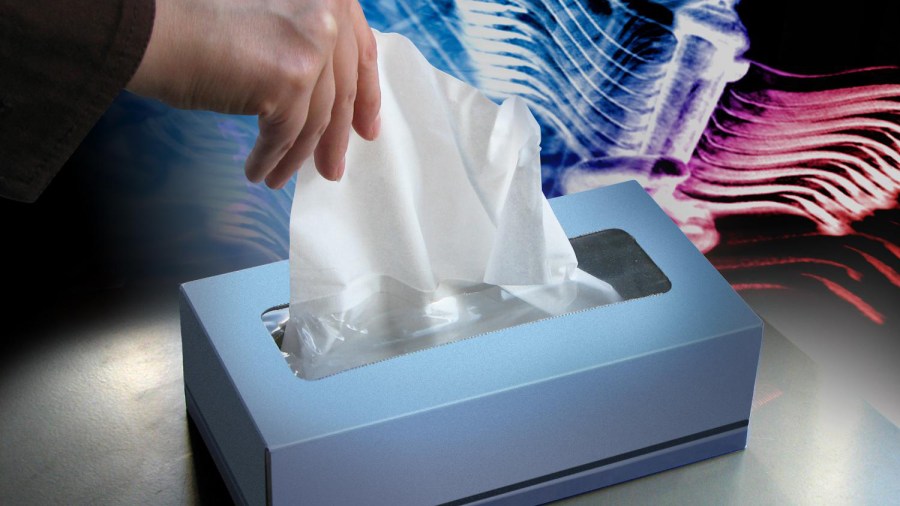SIOUX FALLS, S.D. (KELO) — Allergy season is starting earlier, and it will also end later, according to Sanford allergy immunology physician Keerthi Bansal.
“Allergy season is starting sooner and sooner every year, and lasting longer and longer into the fall,” said Bansal. “This is a pattern that’s been emerging where every season the allergies start a little bit earlier and last a little bit longer.”
Bansal says this extended season has implications for overall health.
“It’s becoming more and more that most people are having asthma symptoms year round, even though sometimes they’re triggered by allergies,” Bansal said. “People are having to use their allergy medications longer.”
Warmer weather is a likely contributor to this situation, said Bansal.
“With the weather being warmer — the plants pollinate sooner,” Bansal said. “Now tree pollen has started in Sioux Falls.”
The lack of moisture in the area can also play a role.
“Humid seasons tend to be the times that we have a lot more pollen. Mold spores are also more common in humid seasons,” Bansal said.
Dry air also has an impact though. “The drier the air is, the more pollen can kind of float around in the air. If you have more moisture, the pollen gets weighed down,” said Bansal, adding that wind also causes more pollen in the air.
Tree pollen is the main thing making the rounds right now, though mold spores and grass pollens will start up in the summer, and the mold, grass and weed pollens will carry into the fall, said Bansal.
There are plenty of things you can do to address your allergy symptoms, said Bansal. One of the most involved things is allergen testing, which can tell you what it is that you’re allergic to.
Beyond that, Bansal says that monitoring pollen counts can be helpful — she adds that she finds the online pollen counts relatively accurate for the Sioux Falls area.
“On those high pollen count days, if you can avoid going outside, close your windows, have air conditioning on so your not, you know, bringing in air and pollen from the outside,” said Bansal, listing off things that can help mitigate exposure to allegens.
Staying inside all day is not practical for most people, Bansal acknowledged, so she had these suggestions as well.
“When you go outside and come back inside, washing your hands, washing your face, if you can — definitely shower before bedtime, and washing hair to make sure you’re not taking those pollens to bed with you,” said Bansal.
Medications are also a big help in managing symptoms.
Some specific medications Bansal mentioned were nasal steroids, and over the counter antihistamines, though she noted that the steroids can take a few weeks of use to begin working.
For patients who may be medication averse, Bansal sought to offer some reassurance. “There are extremely safe medications,” she said. “We use them in very young children and babies — six months and up. This how young we kind of start in terms of treatment, even though allergies don’t really start until you’re a little bit older.”
If you have any questions about your allergies, Bansal recommends coming in to see an allergist for advice and treatment.


